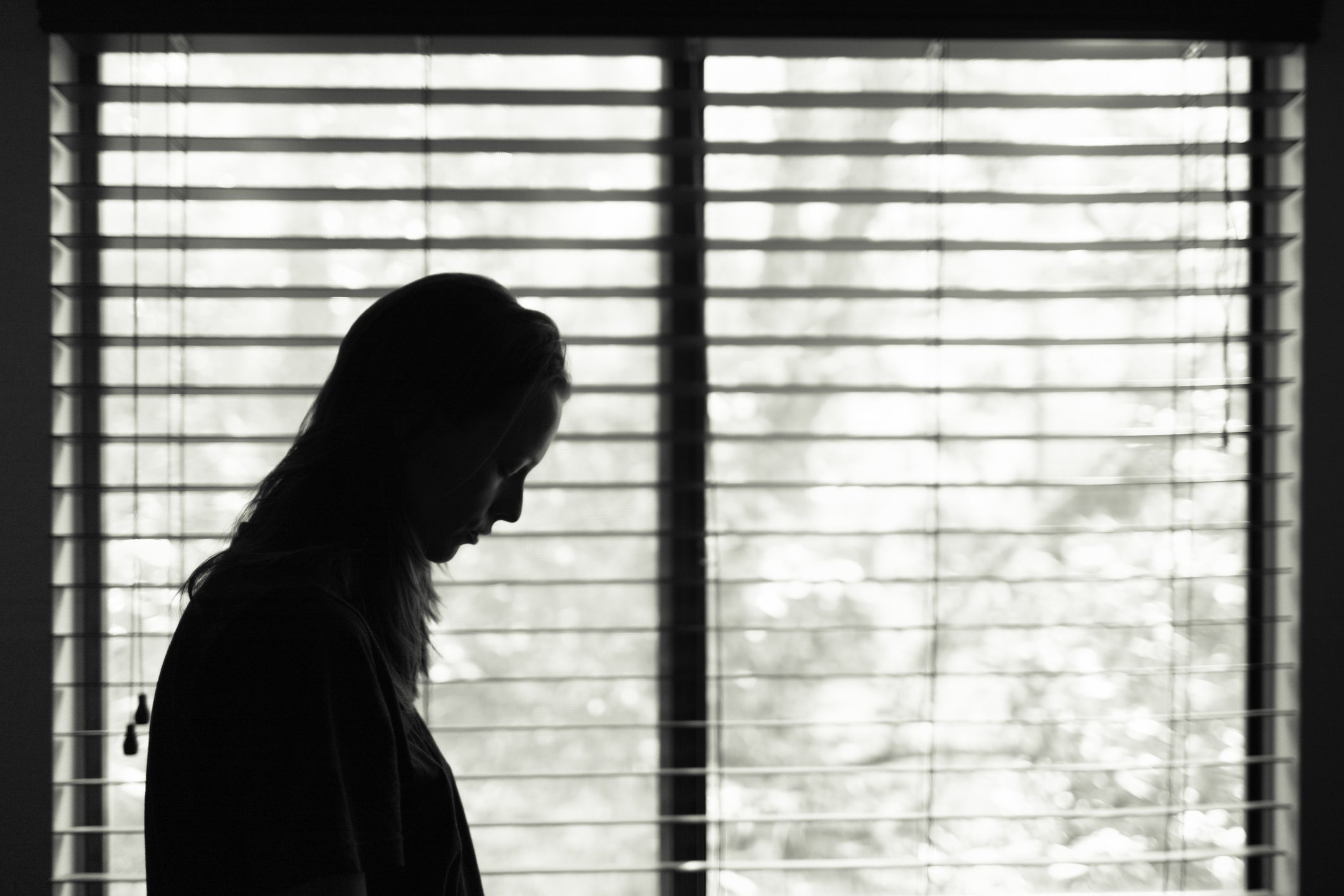One in five domestic abuse survivors not able to repay debt with victims owing average of £3,272
‘Action needs to be taken to ensure women are able to rebuild their financial stability and gain economic independence following abuse,’ says campaigner

One in five domestic abuse survivors are left not able to repay debt with victims of financial abuse in debt owing an average of £3,272, a new study has found.
Refuge, the UK’s largest provider of shelters for domestic abuse victims, found a quarter have a credit rating which has been damaged.
One in four survivors of financial abuse in debt has wracked up debts in excess of £5,000 - with researchers saying a substantial chunk of personal debt in the UK could be the direct consequence of economic abuse.
The report, which was also conducted by Co-operative Bank, found roughly £14.4 billion in the UK can be attributed to some form of economic abuse.
Campaigners defined financial abuse as a partner stealing your money, trying to control your spending, blocking you from working, barring you from accessing your own or joint bank accounts, or racking up debts in your name.
Lisa King, of Refuge, said: “Economic abuse is a huge issue facing women across the country and, as our report shows, can leave women struggling with debt for many years, with their ability to leave their abusive partner affected.
“The long term impacts of debt as a result of economic abuse should not be ignored - and action needs to be taken to ensure women are able to rebuild their financial stability and gain economic independence following abuse.
“Domestic abuse is not limited to physical violence and our report should be a wake-up call that action must be taken to address all forms of domestic abuse.”
She noted the banking and financial industry can take “simple steps” to provide women with greater protections as she called for them to do so.
While one in four survivors were struggling with their finances due to economic abuse, the figures were starkly higher for those who first started being subjected to financial abuse during the Covid crisis - with around a third saying they were struggling with debt and could not afford basic living costs.
In 40 per cent of cases, the domestic abuse victim will not be able to pay off the debt they have accumulated for years if they ever manage to. While some 45 per cent of survivors said they had not been able to get a credit card due to financial abuse.
Maria Cearns, of Co-operative Bank, said: “Something we have learned in our ongoing interactions with vulnerable customers who have suffered some form of economic abuse, is that the ramifications of abuse can continue to have a profound impact on someone’s financial wellbeing for years to come.
“It was a stark realisation for us that some of the survivors we polled five years ago as part of our original study would still be subject to long-term debt, damaged credit ratings and limited access to financial products and services, due to circumstances that were completely outside of their own control.”
Experian, the leading credit reference agency, is working with campaigners to boost access to credit reports and improve the mechanisms for survivors to tell lenders their debt was the result of domestic abuse.
John Webb, consumer affairs executive at Experian, said: “Survivors of economic abuse who have had accounts opened fraudulently, can suffer long-term financial consequences. Experian’s Victims of Fraud Team can help victims dispute these accounts with all lenders, on their behalf.
“Survivors of economic abuse may have fraudulent accounts opened in their name, without their knowledge or permission. However, victims of economic abuse can also be coerced to open accounts, which can also be disputed as fraudulent.
“It’s important that survivors of economic abuse can clear up their credit reports, by removing fraudulent accounts, in order to access financial services as they rebuild their lives.”
It comes after a recent report by Refuge found almost two out of five people living in the UK have had their current or former partner financially abuse them. Researchers, who polled over 4,000 people, discovered around 20 million people have faced financial abuse from their partner, including being denied access to money or a bank account, as well as having debt placed in their name.
The study found almost a million people - ten per cent of all who have been subjected to finance abuse - are currently in a relationship with someone who is subjecting them to financial abuse. Researchers warned the coronavirus recession, the furlough scheme coming to an end and surging levels of unemployment could give abusers more chances to perpetrate financial abuse.
Anyone who requires help or support can contact the National Domestic Abuse Helpline which is open 24/7 365 days per year on 0808 2000 247 or via their website https://www.nationaldahelpline.org.uk/



Join our commenting forum
Join thought-provoking conversations, follow other Independent readers and see their replies
Comments